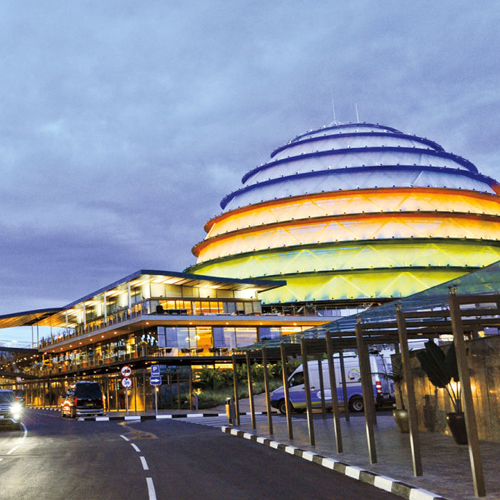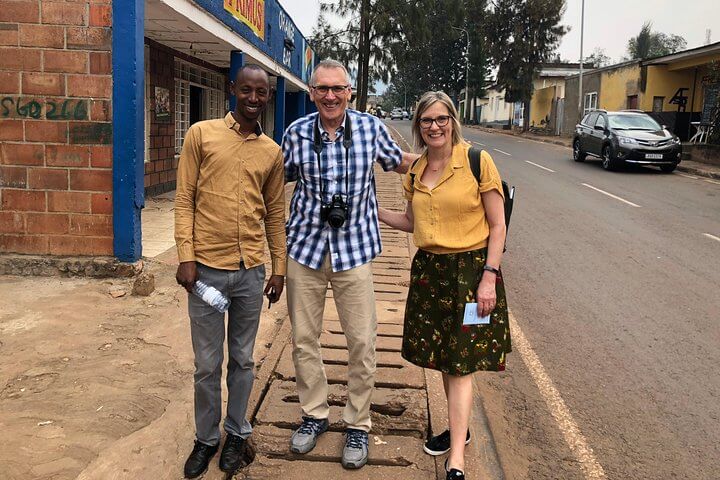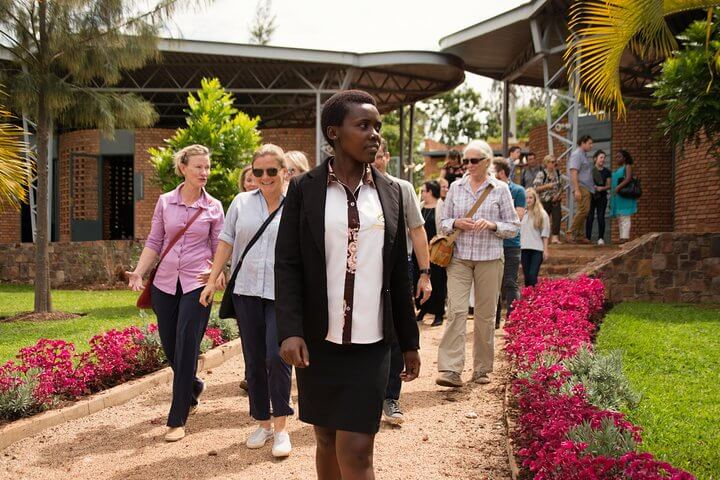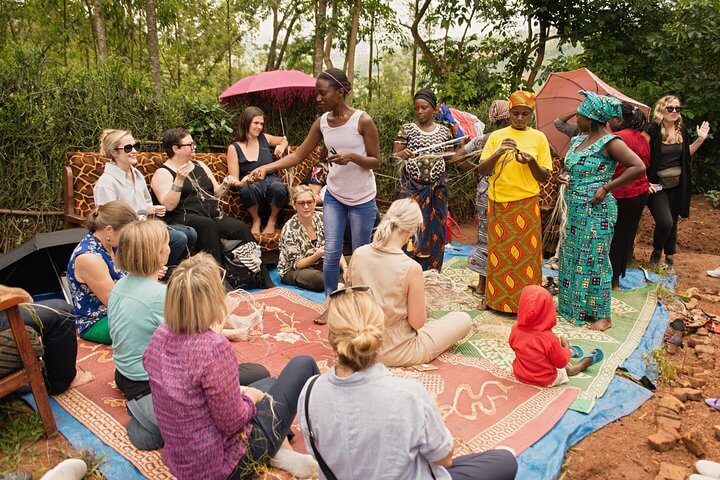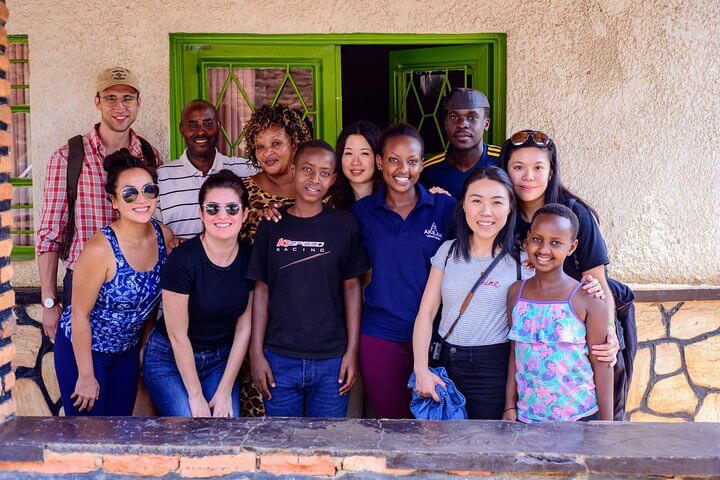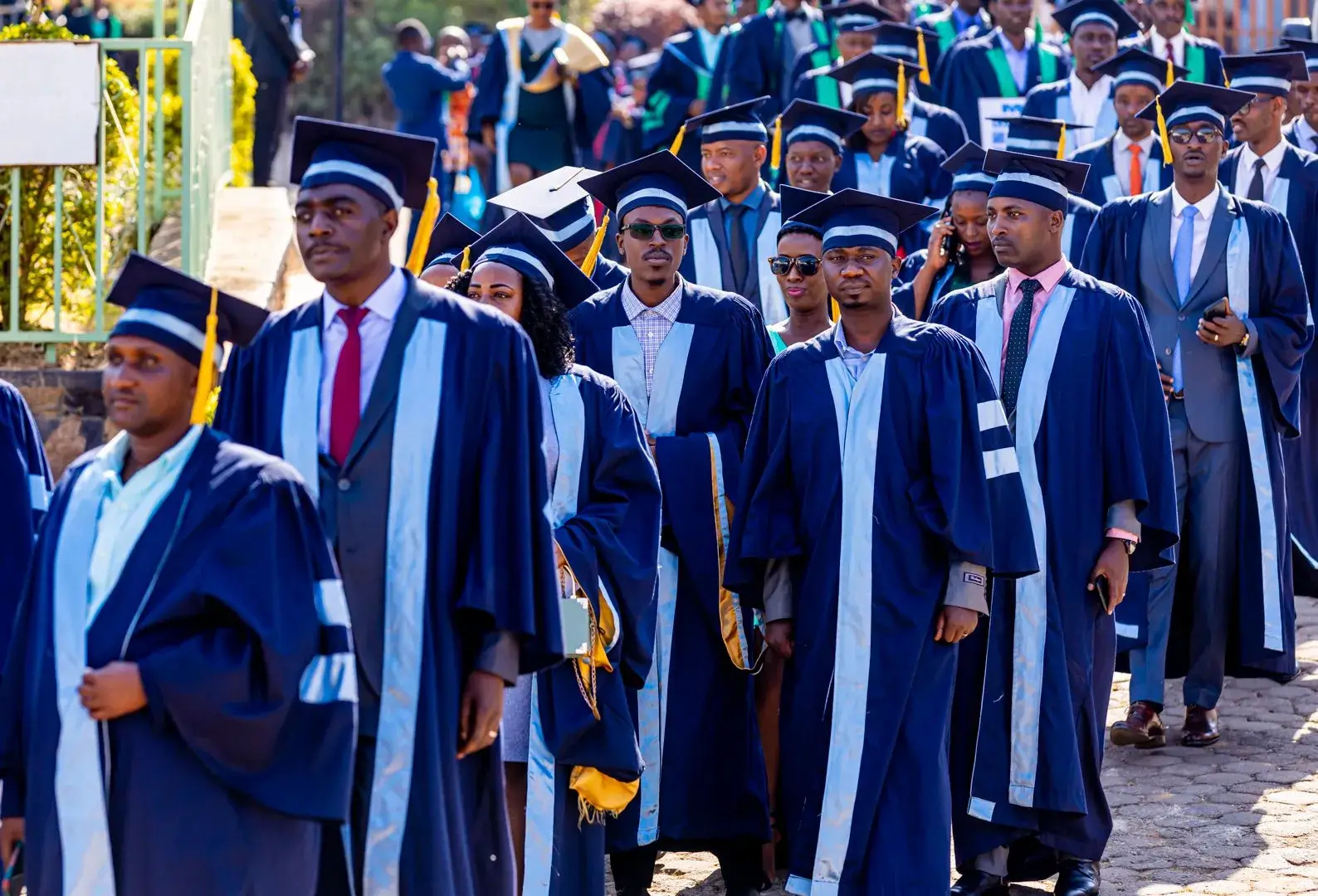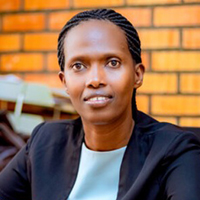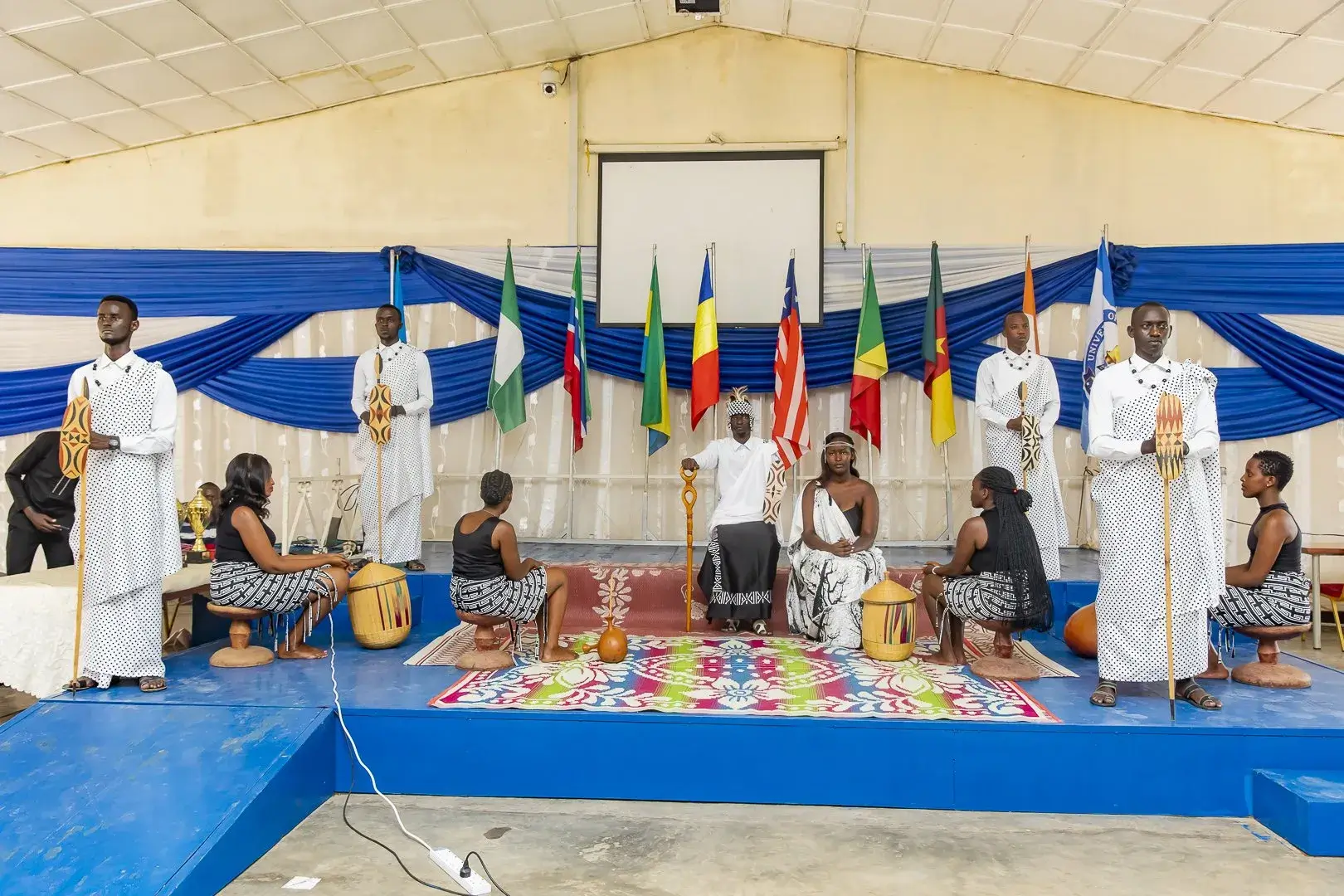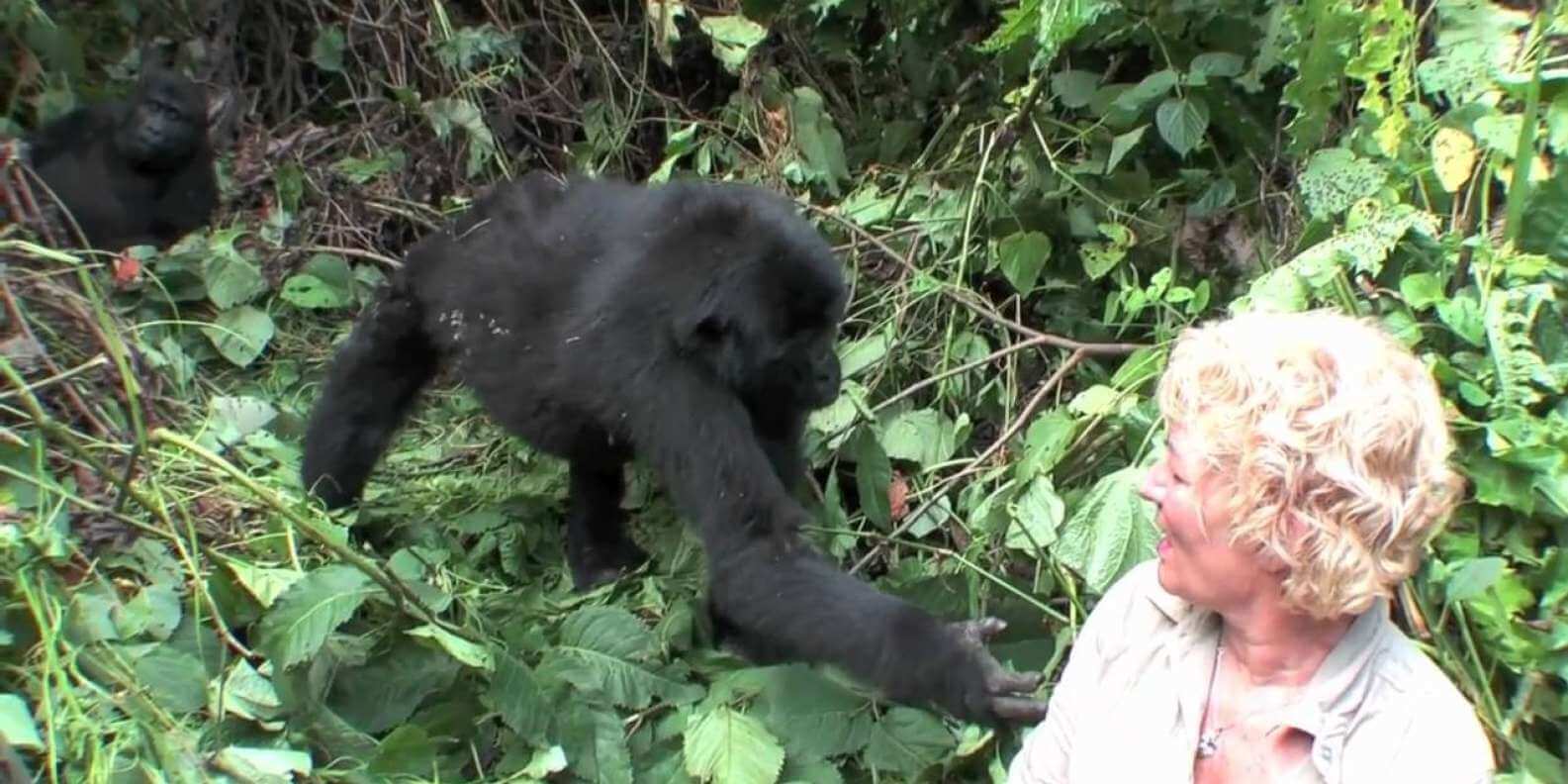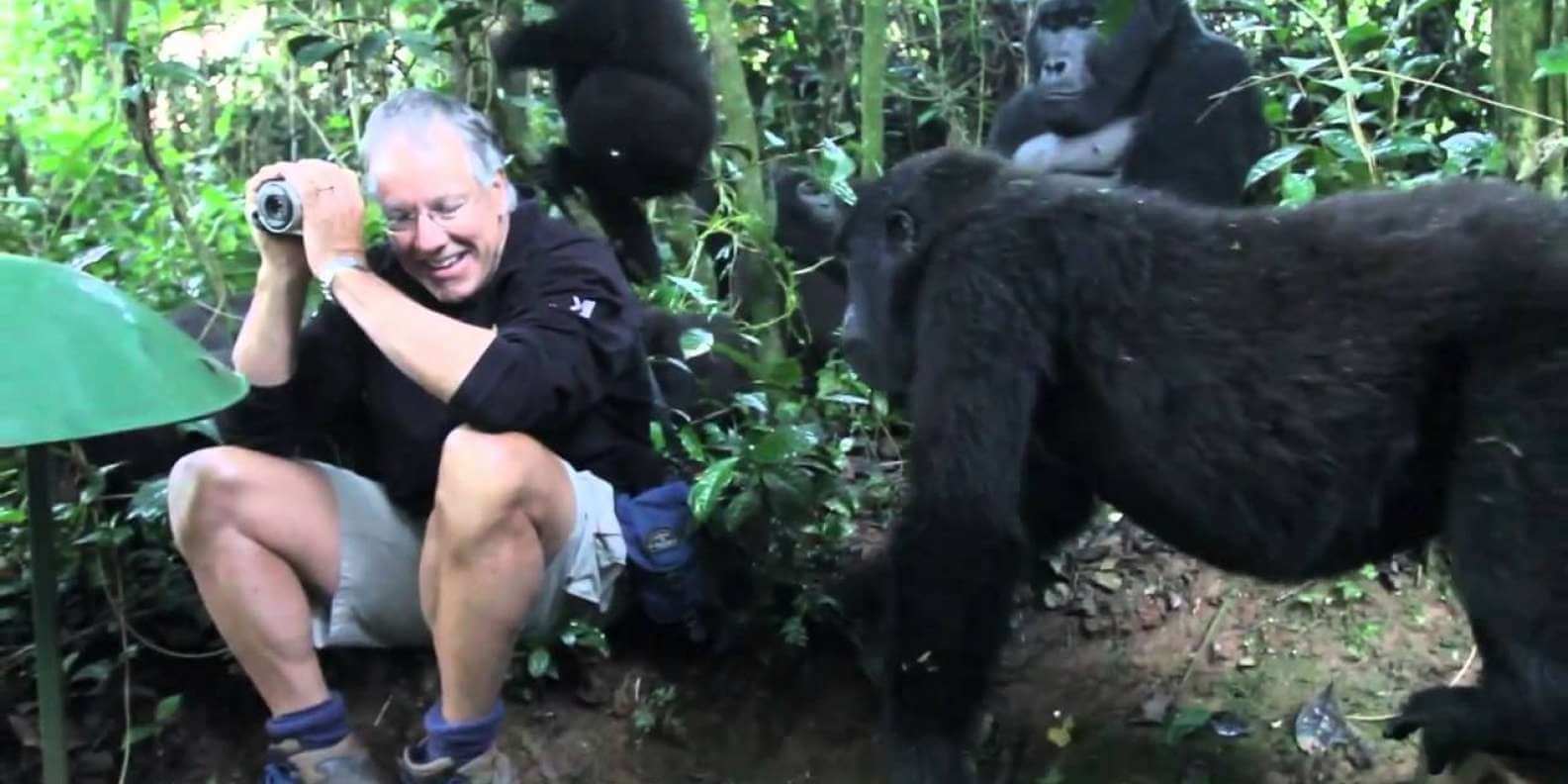 |
CALL FOR ABSTRACT/PAPER |
| Conference Date: | 16th – 18th November 2023 |
| Abstract Submission Deadline: | 15th October 2023 |
| Conference Venue: | University of Lay Adventists of Kigali (UNILAK), Rwanda |
| Conference Title: | Applied Research International Conference on Multidisciplinary Studies and Education (ARICMSE) Kigali, Rwanda |
Publication Benefits to Attend ARICON Conferences
All conference abstracts and full-manuscripts will be published in MDPI Journal 'PROCEEDINGS' with DOI
https://www.mdpi.com/journal/proceedings

Copyright / Open Access
Articles published in Proceedings will be Open-Access articles distributed under the terms and conditions of the Creative Commons Attribution License (CC BY). The copyright is retained by the author(s). MDPI will insert the following note at the end of the published text:
© 2023 by the authors; licensee MDPI, Basel, Switzerland. This article is an open-access article distributed under the terms and conditions of the Creative Commons Attribution License (http://creativecommons.org/licenses/by/4.0/).
Conference papers published in Proceedings may be updated or enhanced, for further publication as a regular journal article. Usually, journal articles derived from work previously published in conference proceedings must contain a substantial amount of new or previously unpublished results.
The authors are suggested to contact the journal to which you are intended to submit it to check the suitability and for the detailed requirements.
Proceedings - Indexing & Archiving
Proceedings is covered by the following databases and archives:
Indexing & Abstracting Services
Journal Ranking Lists
Content Aggregators
Digital Preservation
Journal Directories
Who Should Attend?
LISD provides an opportunity for academics, practitioners, consultants, scholars, researchers and policy makers with different backgrounds and experience to present their papers in the conference and exchange and share their experiences, innovative ideas, research results, as well as discuss the practical challenges encountered and the solutions adopted.
Conference-committee highly encourage doctorate (PhD) and postgraduate students to present their research proposal or literature review or findings or issues in this conference with a very special registration fees.
Case studies, abstracts of research in progress, as well as full research papers will be considered for the conference program for presentation purposes. Listeners and keen learners are also welcomed in a specific category to attend the conference.
Authors who CANNOT travel to the conference destination for visa or other reasons may PARTICIPATE VIRTUALLY and these authors will have the same publication opportunities as the regular conference presenters.
Passionate about conducting excellent research conferences and keen on celebrating diversity, ARICON believes in filling the space between different cultures and ethnicities in order to let the world become one multi-cultural society in order to exchange and develop ideas that allow it to progress and function at its full potential. Hence, we ensure that our research conferences are conducted in various locations often deemed to be unconventional in order for your perspective to broaden and touch new horizons. However, we ensure that you experience no shortage of comfort during your stay with us and that you return with the wish to accompany us again.
ARICON editorial board consists of seasoned researchers from various parts of the world and from varied disciplines as Pure Sciences, Engineering, Information Technology, Social Sciences, Economics, Business and Management Sciences, Mass Communication etc. We are also partnered with internationally recognized journals with ISSN providing the opportunity to our conference participants to publish their work. Conference proceedings will also be published with ISBN. Supporting you to publish your research is also one of our priority.
Conference Objectives
The Conference seeks to achieve the following objectives:
- To facilitate discussion on business, education, and technology that will expedite global growth and economic recovery
- To establish networking ties between members of academia and industries
- To narrow the gap between academic and practical knowledge through international research
- To develop a series of focused research topics that will benefit the academic world
- To foster the application of methodological approaches in any environment
Conference Tracks
The Conference includes all the sub-tracks of the following wide-range tracks for knowledge-sharing & knowledge-exchange purposes:
- Education (All areas)
- Law, Politics, History & Culture
- Engineering & Technology
- Business Administration, Management & Economics
- Life Sciences, Pharmacology & Medicine
Day 1
- Orientation and Networking over Breakfast Tea or Coffee
- Formal inauguration & address by the Chairman
- Address by the Keynote Speakers
- Scientific Sessions
- Visit of UNILAK Campus
- Lunch & Tea Breaks
- Award Distribution Ceremony
- Certificates of Participation & Presentation
- Official photographs
Day 2
- Gathering at UNILAK Campus
- Kigali City Tour
- Kigali, Kigali Province
- Gahanga local market
- AKagera River- separating Rwanda and Tanzania. This river continues its way into Victoria lake and further to form Nile river. Beautiful scenery of its marchland and surrounding hills.
- Rebero, Rwanda- Kigali Convention Centre
- KBC the modern shopping and entertainment centers, have an idea of a different between local market and modern market – Lunch
- Kigali Car-Free Zone
- Visit the handcraft shop before heading to
- Nyamirambo – the oldest suburbs of Kigali city.
- Mount Kigali for city viewing- the highest mountain in Kigali.
- Kigali Genocide Memorial,
- M. Hotel for a refreshing afternoon coffee, tea or a local drink of choice,
- De-briefing, end of Kigali City tour and drop-off.
Day 3: Akagera National Park Game Drive (Optional)
2 hours from Kigali lies a world of Africa’s favorite wildlife, from elephants to black rhinos.Long safari—on this tour, you’ll depart the city bright and early, getting in a full day of game drives as you traverse the park’s low mountains and savannah. Following your guide’s keen eye, you’ll scout for giraffes, zebras, lions, impalas, buffaloes, and more, all in their natural habitat.
The conference registration fee includes
- Access to all scientific sessions at the conference
- Certificate of Participation/Presentation
- Congress package and inserts
- The E-abstract book
- Lunch
- Coffee breaks
- Conference proceedings with ISBN code
- Participation in breakout sessions
- Best Paper Award
- Official photograph
- Free excursion
- On-request meeting with the conference chair
Important Dates
- Abstract submission deadline: 15th October 2023
- Abstract feedback: within 7 working days
- Early bird registration deadline 25th September 2023
- Regular registration deadline: 25th October 2023
- Late registration deadline: 15th November 2023
- On-Spot Registration: 16th November 2023
- Conference dates: 16th – 18th November 2023
- Full-paper submission (Optional): 30th November 2023
- Proceedings Publication and Journal Recommendations: 5th December 2023
Conference Chairperson
Conference Academic Committee
Conference Academic Committee
Conference Academic Committee
Conference Academic Committee
Conference Academic Committee
Conference Academic Committee
Conference Academic Committee
Venue: University of Lay Adventists of Kigali (UNILAK) Rwanda
https://site.unilak.ac.rw/
Accommodation
ARICON is providing you with hotels and Airbnbs at the lowest prices available online. Book your stay now!
Why Does ARICON Offer Free Tours During Each Conference?
In an era of globalization and multicultural sensitivity, study abroad programs are mushrooming all over the academic world. They would grow even further if academics had more time and resources to visit worldwide destinations to prepare future study abroad programs for their students. Our conferences offer the perfect opportunity to blend in presentations with organized visits to locations that would make excellent venues for study abroad programs.
Andy Warhol’s traditional fifteen minutes of fame – on the podium – stretch into days of academic interaction and discovery. It defies logic to treat conference venues as isolated academic silos when they may also double up as potential venues for study abroad programs. As a result, we promote each conference as inseparable from its geographical location, history and culture. We work hard to find sponsors in each conference’s geographical area that offer generous hospitality and tourism packages in parallel with our conference presentations.
We make our attendees’ potential clear to our sponsors. Many graduate students and professors who attend academic conferences have a lifelong career in academia in front of them. As a result, each attendee has the potential to multiply the number of future visitors to a conference’s wider geographical area. “We have memories so that we might have roses in December,” wrote Scottish novelist James Barrie.
Without the opportunity to interact and share one’s research and ideas, what is the point of attending an academic conference? There is no shortage of academic papers on the internet and at the libraries within our universities. One doesn’t need a conference to access academic research. Printed academic papers allow the reader to digest carefully instead of chasing a speaker racing against the clock. To understand what a modern conference should be like, we invite you to attend an ARICON conference and experience.
Be a Premier Member of OXFORD AWARDS CLUB, U.K
For details: https://londoninstitutesd.co.uk/become-a-member/
Publication and Proceedings:
We are indexed in Neilsen’s U.K which provide access not only in the UK but also globally. Later we recommend full papers to our allied journals who possess a range of indexing including SCOPUS londoninstitutesd/lisd-conference-proceedings/. The publication of paper in journal is subject to the quality of paper and the double-blind review report by the journal/s.
Our Allied Journals are Indexed/Accessed in:
(i) SCOPUS(ii) Ulrich’s serials directory, (iii) Cabell’s directories of Educational Curriculum & Methods and Educational Psychology and Administration, (iv) Proquest, (v) ,EBSCO DataBase (vi) Genamics, (vii) the Excellence in Research for Australia (ERA 2012) list compiled by the Australian Research Council, and (viii) Google Scholar (ix) JSTORE (x) Re-PEc (xi) WorldCat (xii) Directory of Open Journals (DJOJ) (xiii) J-Gate etc.
Publish Your Research- An ART OR A SCIENCE!!
Writing for academic journals is exceedingly tricky; even if you overcome the first obstacle and engender a valuable impression or piece of research – how would you then sum it up in a manner that will grab the attention of reviewers?
There’s no simple formula for getting your research published – reviewers’ expectations may vary as per your subject areas; nevertheless there are some challenges that will challenge all academic writers regardless of their discipline. How should you respond to reviewer feedback? Is there a correct way to structure a paper? And should you always bother revising and resubmitting? The questions have been asked by journal editors from a range of backgrounds for their tips on getting published.
Pick No1: Opt the right journal:
Check if your ‘RESEARCH TO BE PUBLISHED’ is within the scope of the journal that you are submitting to. This seems so obvious but it’s surprising how many articles are submitted to journals that are completely inappropriate. It is a wicked sign if you do not figure out the names of any members of the editorial board- so be aware; it is significant OR the credentials of the editorial board members as which university do they relate to? What is their area of expertise? Their experience in the field? Are they in other editorial or in research committees too? Etc. Also, before sending your research to be considered for publication, ideally look through a number of recent issues to ensure that it is publishing articles on the same topic and that are of similar quality and impact.
(Ian Russell, editorial director for science at Oxford University Press)
Pick No. 2: Always follow the correct submission procedures to publish your research
Often authors don’t spend the 10 minutes it takes to read the instructions to authors which wastes enormous quantities of time for both the author and the editor and stretches the process when it does not need to; it tend to thin down your chances of publishing your research; reviewers hate it.
(Tangali Sudarshan, editor, Surface Engineering)
Pick No. 3: Don’t repeat your abstract in the cover letter
We look to the cover letter for an indication from you about what you think is most interesting and significant about the paper, and why you think it is a good fit for the journal. There is no need to repeat the abstract or go through the content of the paper in detail – we will read the paper itself to find out what it says. The cover letter is a place for a bigger picture outline, plus any other information that you would like us to have.
(Deborah Sweet, editor of Cell Stem Cell and publishing director at Cell Press)
Pick No. 4: Common reason for rejections…
Make sure that it is clear where your research sits within the wider scholarly landscape, and which gaps in knowledge it’s addressing. A common reason for articles being rejected after peer review is this lack of context or lack of clarity about why the research is important. Publishing your research is an ART!!
(Jane Winters, executive editor of the Institute of Historical Research’s journal, Historical Research and associate editor of Frontiers in Digital Humanities: Digital History)
Pick No. 5: Do Not over-state your methodology
Ethnography seems to be the trendy method of the moment, so lots of articles submitted claim to be based on it. However, closer inspection reveals quite limited and standard interview data. A couple of interviews in a café do not constitute ethnography. Be clear – early on – about the nature and scope of your data collection. The same goes for the use of theory. If a theoretical insight is useful to your analysis, use it consistently throughout your argument and text.
(Fiona Macaulay, editorial board, Journal of Latin American Studies)
Source: The Guardian
INDEXING, ABSTRACTING, LISTING AGGREGATION AND SYNDICATING
